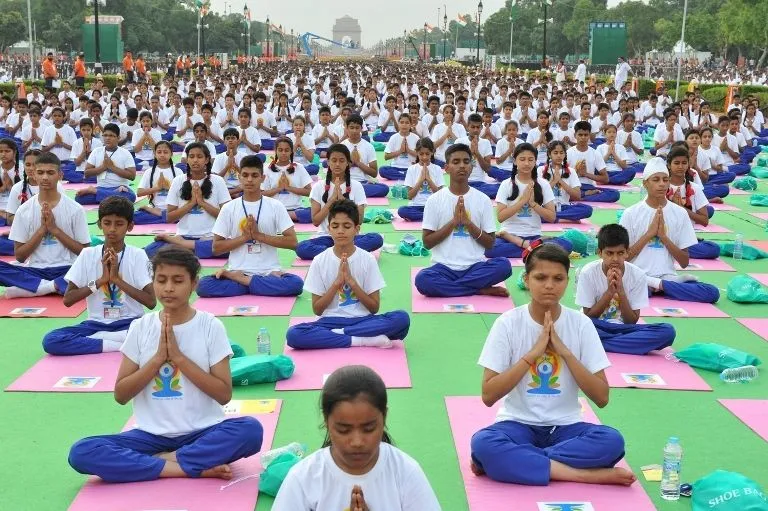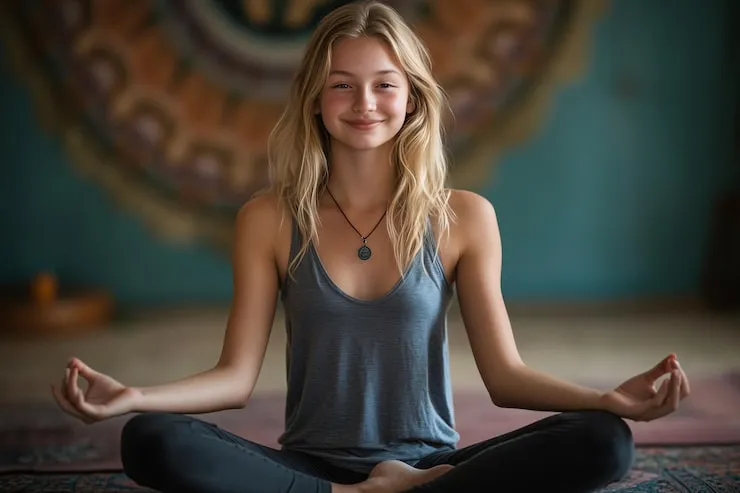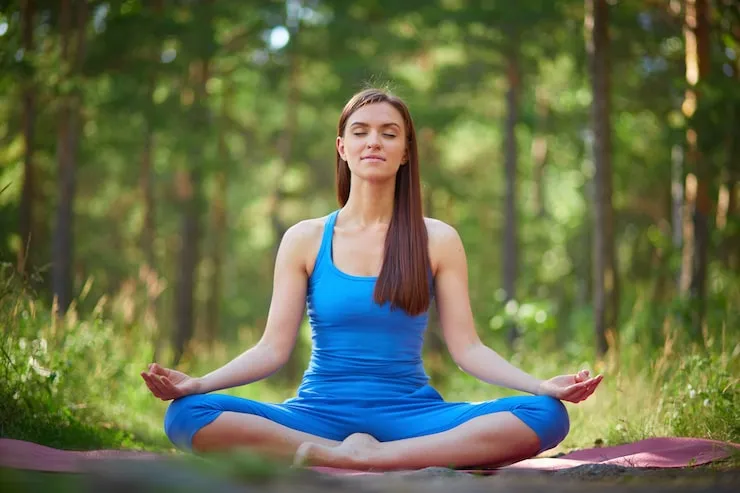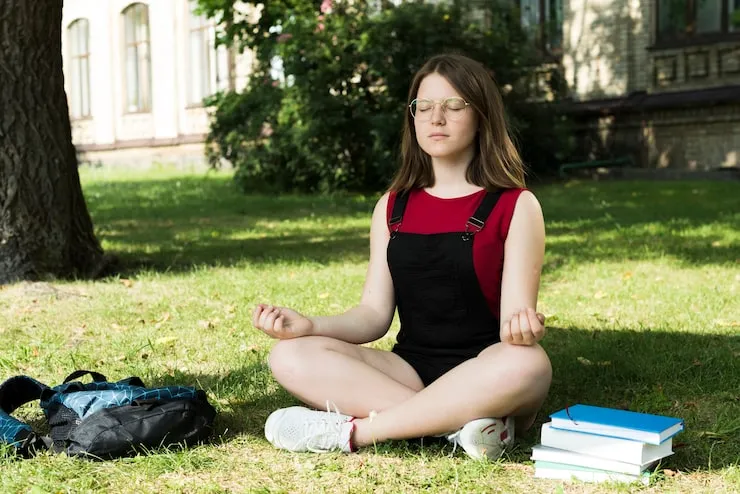What began as a modest gathering soon grew into something heartwarming. As summer temperatures soared, young volunteers in Rajkot unfolded yoga mats on school grounds and in parks. They invited kids to join free morning yoga sessions under the “Fit Gujarat” initiative. Only a few showed up at first, but word got around fast. Within a week, over a hundred children from neighborhoods across Rajkot were showing up daily, eager to experience something new before school and amidst vacations. The instructors were diverse—some in their early twenties, others retired teachers with gentle demeanors. Their secret was simplicity. They offered energetic, playful sessions that included short guided visualizations, breathing exercises, and gentle laughing in addition to basic asanas. It wasn’t about perfection, nor gear or uniform—only presence. In a city that bakes under midday heat, these early-morning meetups soon turned into something sweet: a ritual.
From Grumbles to Giggles: How Moods Changed
Initially, dragging sleepy children out of their paisa holiday slumber felt like an effort. But soon enough, moods shifted dramatically. Parents reported their children waking up at dawn—on their own—saying, "Yoga time now." Neighbors peeked out their windows to spot kids in bright T-shirts stretching or balancing in Tree Pose before breakfast. The change flowed into homes. Siblings who fussed over screen time began talking about posture, breathing, or “that cool cobra pose.” Instead of competing, kids shared mats and encouraged each other. Some curious parents joined spare-minute breathing drills. Once, while trying a forward bend next to her granddaughter, a grandmother burst out laughing. Community spirit bloomed, all because of five twenties-long sessions before eight. That shift in attitude—yoga as something cool, communal, calming—not only delighted the organizers but proved that physical routines can weave into family life, quietly and joyfully.
Why Rajkot Made It Work—And Why It Felt Right
Rajkot’s tight-knit neighborhoods gave these camps warmth. Streets, temples, schools, and local NGOs all pitched in—with spaces, volunteers, water stations, and shade. The initiative leaned on existing networks. Word-of-mouth spreads fast in Gujarat, and soon, local temple grounds in areas like Mavdi or Sant Kabir Nagar hosted 20–30 kids each morning. Temperatures might soar later in the day, but early mornings in Rajkot are surprisingly pleasant. That natural window of gentle heat felt perfect. The camp schedule ran from about 6:30AM to 7:30AM—cool, green, and lightly shaded by neem or banyan trees. Plus, yoga’s roots in India meant this practice didn’t feel alien. It felt familiar. It fit. So children from different socioeconomic backgrounds accepted it with curiosity instead of skepticism. And leaders made sure sessions were free, accessible, and flexible—no uniforms, no pressure, just mats and movement.
More Than Movement: The Lessons that Linger
The morning stretches weren’t just exercise. Trainers wove lessons in calm, awareness, and care into each session. Kids learned how to breathe slowly before stress hit. They saw how balance in postures could mirror steadiness in daily life. They discussed why cooling down mattered as much as stretching. And they discovered a little space in their own minds—just by focusing on breath for a minute. At home and in school, that spilled over. Teachers noticed calmer rows. Parents saw kids using breathing pauses when upset. Two siblings learned that inhaling before reacting helped delay arguments. Children who once fought daily began offering help instead. One boy even surprised his mother by waking early, filling a glass of water, and doing a few cat-cow stretches before school—without being told. Small routines were promoted throughout the camp, such as stretching before meals, breathing exercises, and warm lemon water. These choices weren’t forced, just invited. Many kids embraced them on their own, linking health with clarity, not fear.
What Lies Ahead: Building Waves Beyond Rajkot
The success in Rajkot sparked interest in surrounding towns—Morbi, Gondal, Wankaner, even as far as Jamnagar. Officials at Fit Gujarat discussed weekend satellite camps, full-day programs, and weekend workshops for deeper breathing and meditation. Teachers from other schools visited to observe and to be trained. Digital resources are being prepared: short videos in Gujarati and Hindi, simple breathing tutorials, and parental guides with tracking stickers for daily routines. Some campers now act as “youth ambassadors,” teaching the next morning’s group. Local businesses pitched in, offering mats, shade tents, and sponsorship for small refreshment stalls offering lemon juice and coconut water. Fit Gujarat hopes the morning camps become a year-round culture: not just summer programming but a gentle nudge toward daily wellness. They envision children who self-correct posture, older siblings who guide younger ones in breathing spots at home, and even weekend park sessions open to families. Rajkot was the seed. Now, the plan is to let it bloom across Gujarat—one balanced breath at a time.
Closing Reflection
In a city known for silk, sweets, and spirited samba circles, this quiet sunrise yoga story is different. It’s not noisy or grand. It’s small and steady. It’s about hundreds of kids choosing to breathe deeply, stretch, move, and pause. It reminds us that real change often begins with simple actions done daily. That community support—shared snacks, shared shade, shared breath—can turn an idea into a habit. And that wellness doesn’t need luxury; it needs presence. Rajkot’s free summer yoga camps brought more than flexibility. They brought joy, routine, calm mornings, healthier homes, and a hopeful vision for Fit Gujarat. May it spread. May it deepen. May it find gentle roots in communities far beyond.













